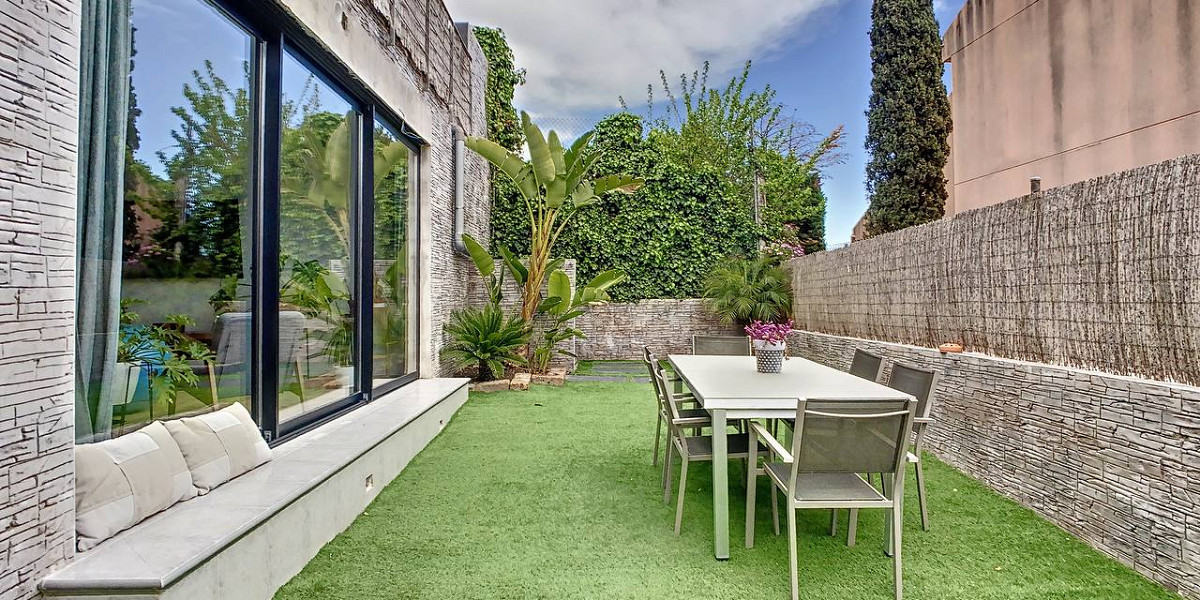Barcelona reaffirms its commitment to the tourist tax and 25% for housing.
Deputy Mayor for Economy, Jordi Valls, has reaffirmed the municipal government’s commitment to increasing the tourist tax in Barcelona, as well as the agreement reached in February between the Government of Catalonia (Generalitat) and the Comuns (BComú) to allocate 25% of its revenue to housing access policies.
The proposal, presented by BComú councilor Carolina Recio at the Economy and Finance Committee meeting on Wednesday, was approved with votes in favor from PSC (Socialists' Party of Catalonia) and BComú. Junts abstained, while ERC (Republican Left of Catalonia), PP (People’s Party), and Vox voted against. ERC argued for flexibility in applying the tax across different regions of Catalonia.
“Pressures exist, but we do what we must,” responded Valls when asked if the city might withdraw the tax increase. Recio defended the Generalitat-Comuns agreement, stating it ensures tourism “contributes fairly to collective well-being,” in her words.»
Why Is This Relevant to the Real Estate Market?
1. Increased Housing Funding
Allocating 25% of the tourist tax to affordable housing could accelerate public projects, such as social housing construction or rental subsidies. For investors, this may reduce housing shortages and stabilize long-term prices.
2. Impact on Tourism
A higher tourist tax might temporarily reduce tourism, affecting short-term rental profitability. Property owners should consider alternatives like long-term rentals.
3. Political Stability
Despite opposition from parties like ERC and PP, the measure passed. This reinforces housing as a priority in Barcelona, boosting confidence among international investors.
Barcelona continues balancing tourism and quality of life. More housing funds are positive, but investors should anticipate regulatory changes, such as short-term rental restrictions. We recommend analyzing areas with upcoming social housing projects, as these could influence nearby property values.
What’s Next?
Stay tuned for updates on how these measures affect prices, demand, and opportunities in Barcelona. If you’re considering buying or selling property in Catalonia, our advisors will help you assess risks and prospects.

